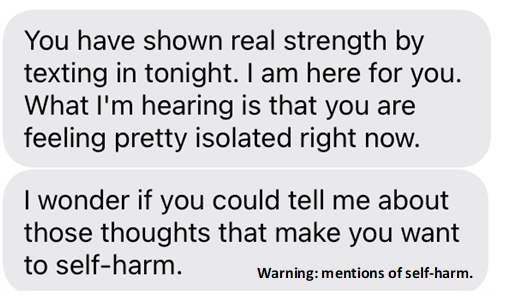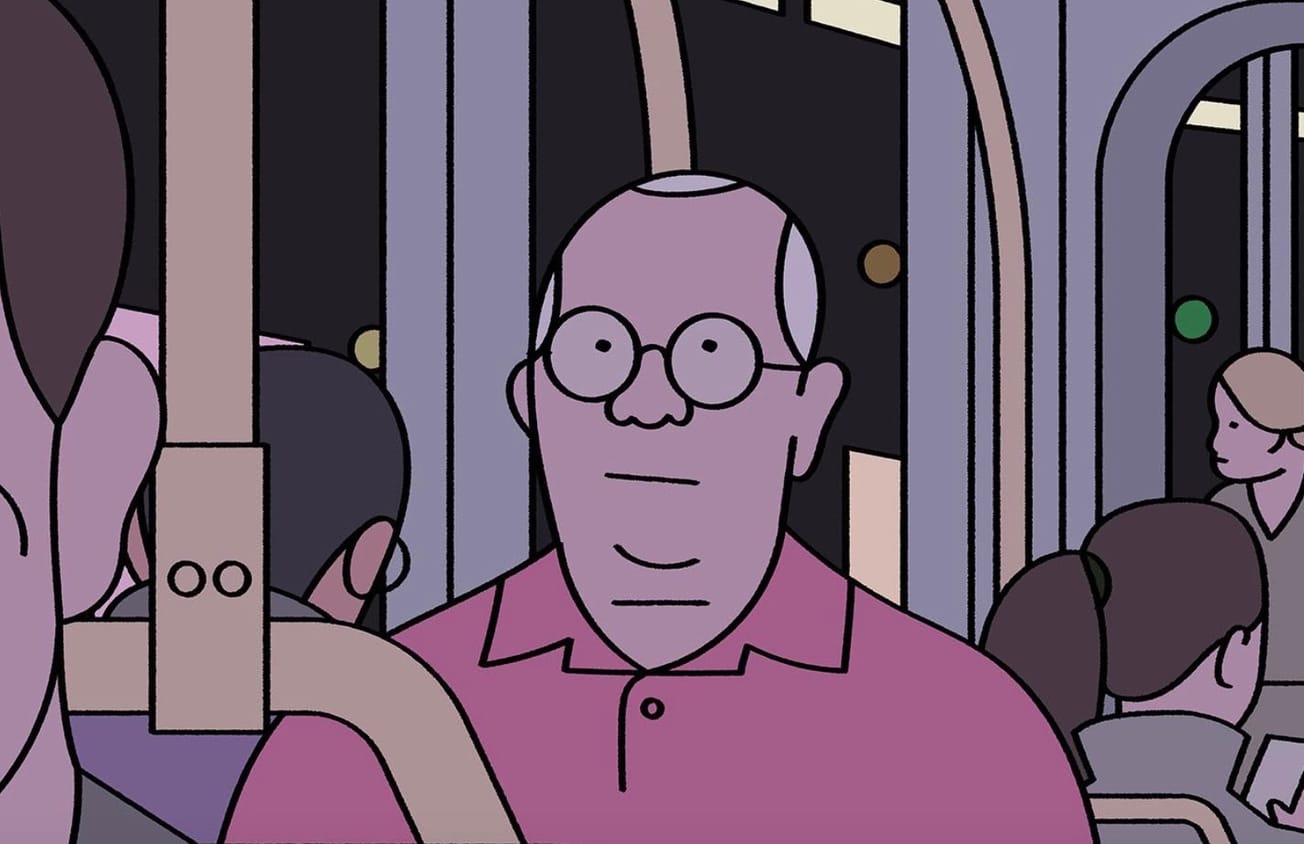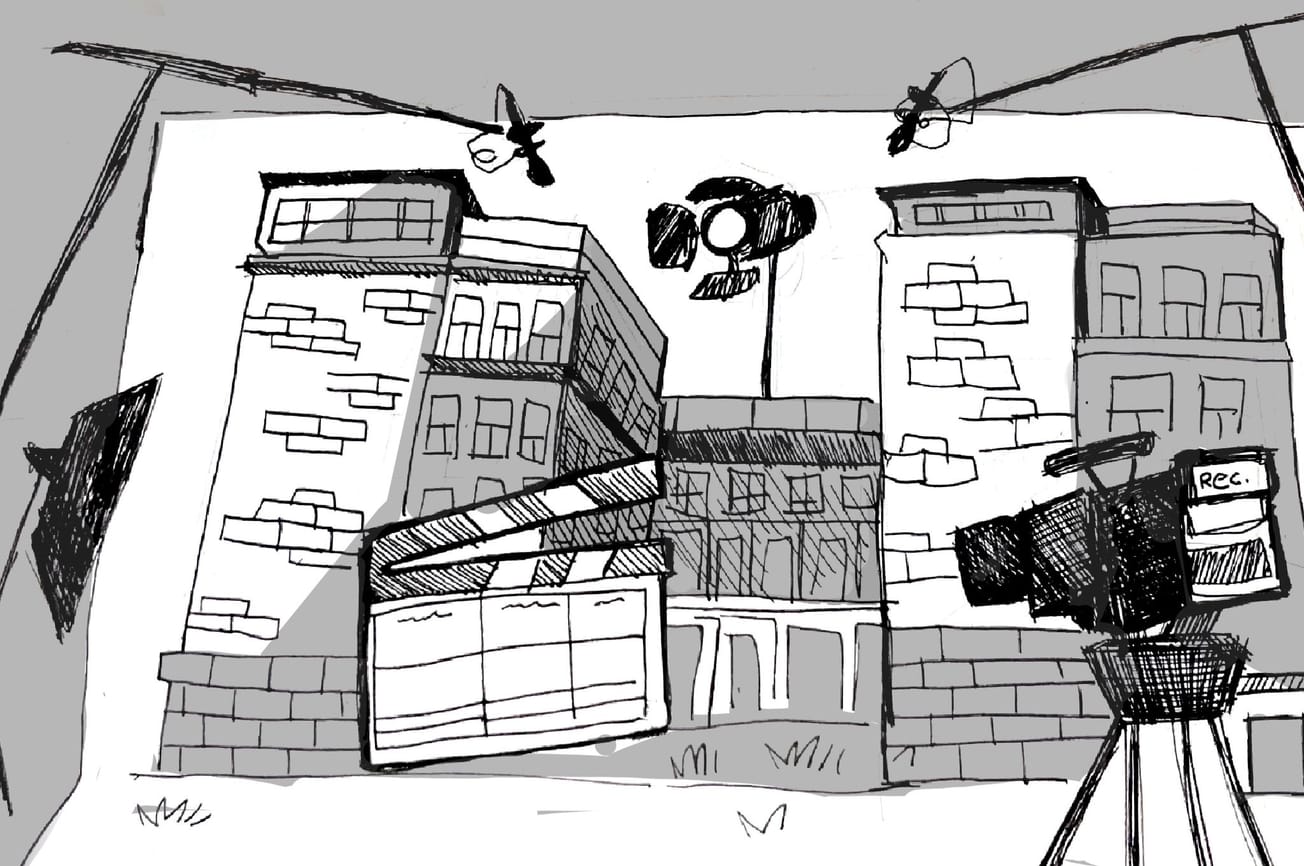By Anonymous
Content warning: this article has multiple mentions of self harm and scarring as a result of self harm
We are not mental health professionals - if you are having serious thoughts of harming yourself, please, please contact one of the helplines found linked at at the bottom of this article.
The Croft Magazine // Self harm is an often taboo, and scary topic. However, for those of us who are struggling, what options for help are out there?
I have a distinct memory of being eleven years old the first time I hurt myself. It was in retaliation to a nasty threat I’d been given from a boy in my class for no apparent reason. The only thing I could think of to do was to inflict pain on myself in order to get rid of the emotional pain and make it physical instead. And to people that haven’t self-harmed before, it can seem like a ridiculous solution. But it was the only thing that made sense at the time, and the only way I could possibly come to terms with this hurt. Over the next few years, it became a constant for me to use self-harm as a way to both punish and console myself. A big misconception about self-harm is that it just involves cutting yourself; self-harm takes the form of anything that jeopardises your wellbeing. And it is never the answer.
In moments of grief, it can feel like you are the only person to ever experience these feelings. But once the initial high of self-harm fades, all that’s left are the physical reminders of your pain. I have years’ worth of irreparable scarring that remind me of when I was at my lowest point, and I know that I am not alone. It is a terrifying, alienating feeling to believe that inflicting pain on yourself is the only thing that can help, and yet so many people go through this every single day.
I always used to be afraid of using the Samaritans helpline: it seemed like a solution for other people, who were more suicidal than me, who needed the help more than me. But seeking help is crucial. Samaritans have helped me to deal with tough emotions a lot at university, especially as I, like most students, live apart from my family. It can be tough to ask for help from people close to you—I struggled for years to open up to my family and friends. Regardless, finding someone to talk to, whether it be someone you know or not, is vital to wellbeing. If you are seeking an alternative to self-harm, be aware that it make take some time to find what works for you, but just taking that step towards help is enough. Whilst I found solace in therapy, some of friends did not all reap the same benefits: opting to delve into music, reading, artistry and other passions. There are so many sources of help out there, whether this be through counselling, therapy, or immersing yourself in things that make you happy. Seeking help when you are thinking about self-harming is the first step towards a healthy and happy recovery and believe me—it’s so worth it.
If you are struggling you can call the Samaritans on 116 123 at any time, day or night. 365 days a year.
You can also call Bristol nightline, an organisation specifically for Bristol students on 01179 266 266 on Tuesdays, Wednesdays, Thursdays and Sundays from 8am to 8pm.
Mental health charity Mind also has some great resources surrounding self harm on their website, and is contactable on 0300 123 3393.
Featured Image: Epigram / Anonymous
For more wellbeing content, check out our socials linked below.









